A new type of battery has been developed that could revolutionise electric vehicle use with a recharge time of just 15 seconds.
Category: sustainability – Page 516
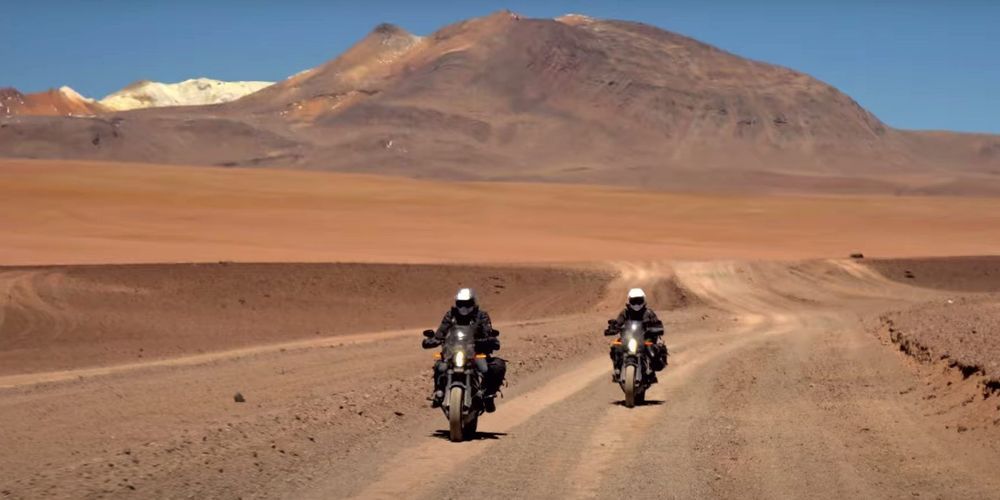
If you like electric cars, or motorcycles (or both!), stop what you’re doing and watch Long Way Up
Just in case you haven’t heard, Long Way Up is the third installment in Ewan McGregor’s and Charlie Boorman’s trilogy of long-distance motorcycle adventure rides.
What makes this one so special, though, is that the duo set out on a pair of Harley-Davidson LiveWire electric motorcycles, attempting to cover 15,000 miles (25,000 km) of incredibly remote terrain from the southern tip of Argentina all the way to Los Angeles.
[Author’s Note: There are no major spoilers here; you’re safe to keep reading.].
The End of Hunger Part 1: Vertical Farming
World hunger is a persistent problem despite all of humanity’s progress in recent years. However, I believe that we have a real shot at defeating world hunger with one of humanity’s newer innovations: vertical farms.
Discord Link: https://discord.gg/brYJDEr
Patreon link: https://www.patreon.com/TheFuturistTom
Please follow our instagram at: https://www.instagram.com/the_futurist_tom
For business inquires, please contact [email protected]
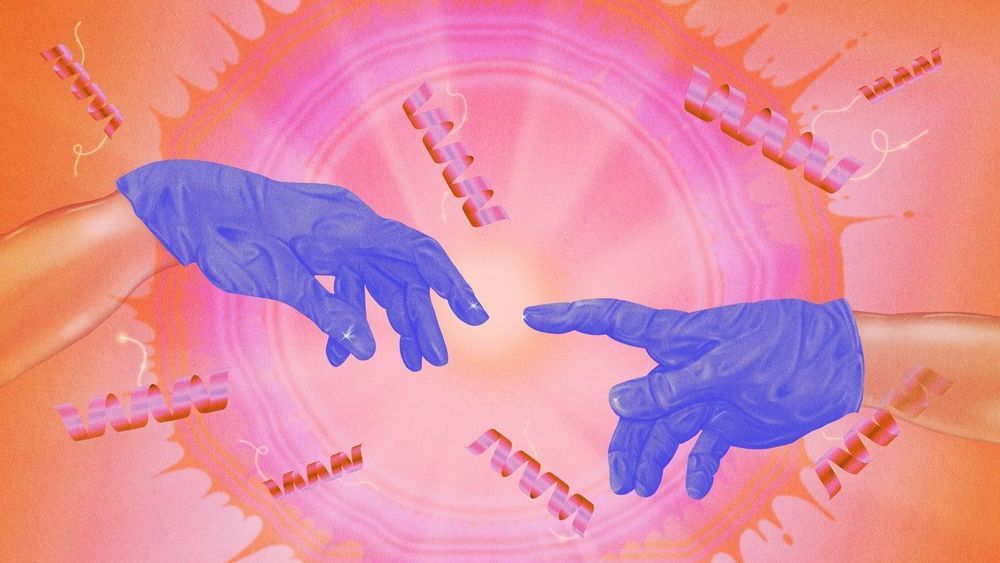
Scientists Advance on One of Technology’s Holy Grails
CIEQSFTTLFACQTAAEIWRAFGYTVKIMVDNGNCRLHVC: these forty letters are a set of instructions for building a sophisticated medical device designed to recognize the flu virus in your body. The device latches onto the virus and deactivates the part of it that breaks into your cells. It is impossibly tiny—smaller than the virus on which it operates—and it can be manufactured, in tremendous quantities, by your own cells. It’s a protein.
Proteins—molecular machines capable of building, transforming, and interacting with other molecules—do most of the work of life. Antibodies, which defend our cells against invaders, are proteins. So are hormones, which deliver messages within us; enzymes, which carry out the chemical reactions we need to generate energy; and the myosin in our muscles, which contract when we move. A protein is a large molecule built from smaller molecules called amino acids. Our bodies use twenty amino acids to create proteins; our cells chain them together, following instructions in our DNA. (Each letter in a protein’s formula represents an amino acid: the first two in the flu-targeting protein above are cysteine and isoleucine.) After they’re assembled, these long chains crumple up into what often look like random globs. But the seeming chaos in their collapse is actually highly choreographed. Identical strings of amino acids almost always “fold” into identical three-dimensional shapes. This reliability allows each cell to create, on demand, its own suite of purpose-built biological tools. “Proteins are the most sophisticated molecules in the known universe,” Neil King, a biochemist at the University of Washington’s Institute for Protein Design (I.P.D.), told me. In their efficiency, refinement, and subtlety, they surpass pretty much anything that human beings can build.
Today, biochemists engineer proteins to fight infections, produce biofuels, and improve food stability. Usually, they tweak formulas that nature has already discovered, often by evolving new versions of naturally occurring proteins in their labs. But “de novo” protein design—design from scratch—has been “the holy grail of protein science for many decades,” Sarel Fleishman, a biochemist at the Weizmann Institute of Science, in Israel, told me. Designer proteins could help us cure diseases; build new kinds of materials and electronics; clean up the environment; create and transform life itself. In 2018, Frances Arnold, a chemical engineer at the California Institute of Technology, shared the Nobel Prize in Chemistry for her work on protein design. In April, when the coronavirus pandemic was peaking on the coasts, we spoke over video chat. Arnold, framed by palm trees, sat outside her home, in sunny Southern California. I asked how she thought about the potential of protein design. “Well, I think you just have to look at the world behind me, right?” she said. “Nature, for billions of years, has figured out how to extract resources from the environment—sunlight, carbon dioxide—and convert those into remarkable, living, functioning machines. That’s what we want to do—and do it sustainably, right? Do it in a way that life can go on.”
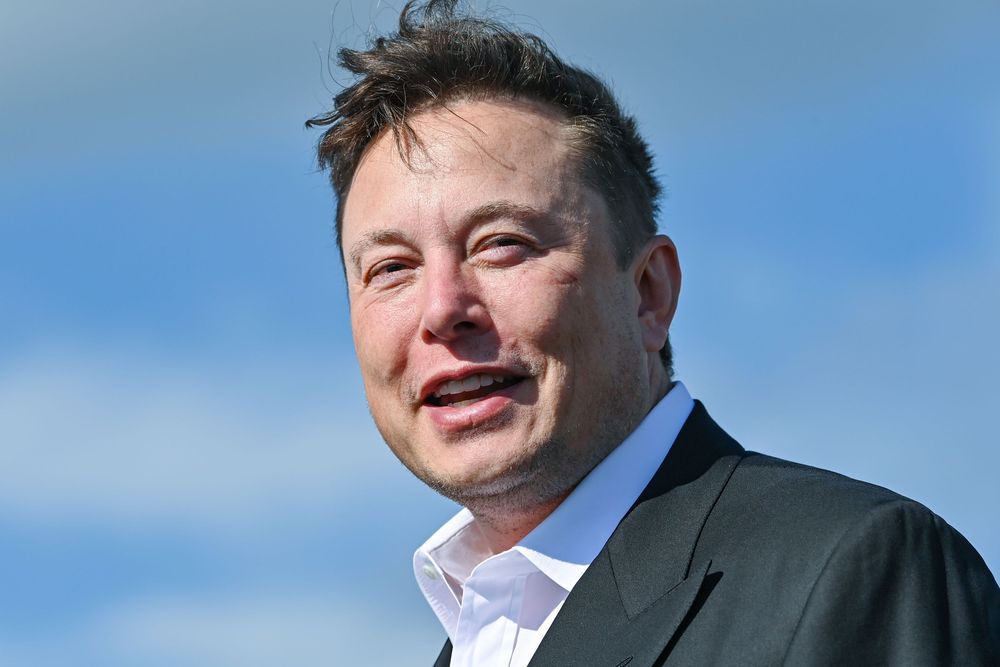
A Step Toward Sustainable Lunar Exploration This Week @NASA
🌖 #Artemis partnerships to return lunar dust, and fly science & NASA Technology to the Moon.
🌎 Our NASA Earth missions provide data to aid in wildfire response.
🛰️ New discoveries at asteroid Bennu from NASA’s OSIRIS-REx Asteroid Sample Return Mission.
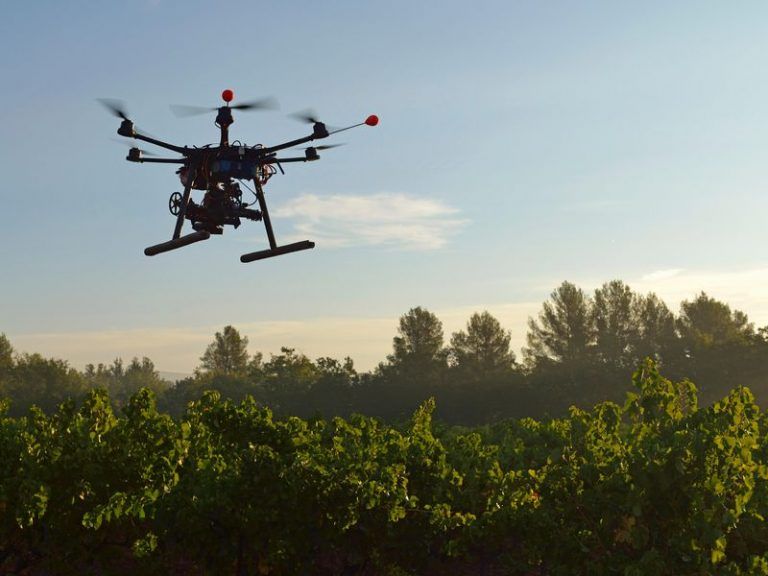
Reforestation Drones Drop Seeds Instead of Bombs, Planting 100,000 Trees a Day Each
We’ve had impressive efforts, such as India planting 66 million trees in a day, but that was a large-scale event, which required organizing millions of volunteers. It would be difficult to recreate something like that on a regular basis.
Luckily, a former NASA engineer has developed drones that can plant 100,000 trees per day each.
Multiply that by 165 drones, and we could easily fill the 6-billion-tree gap we face each year.
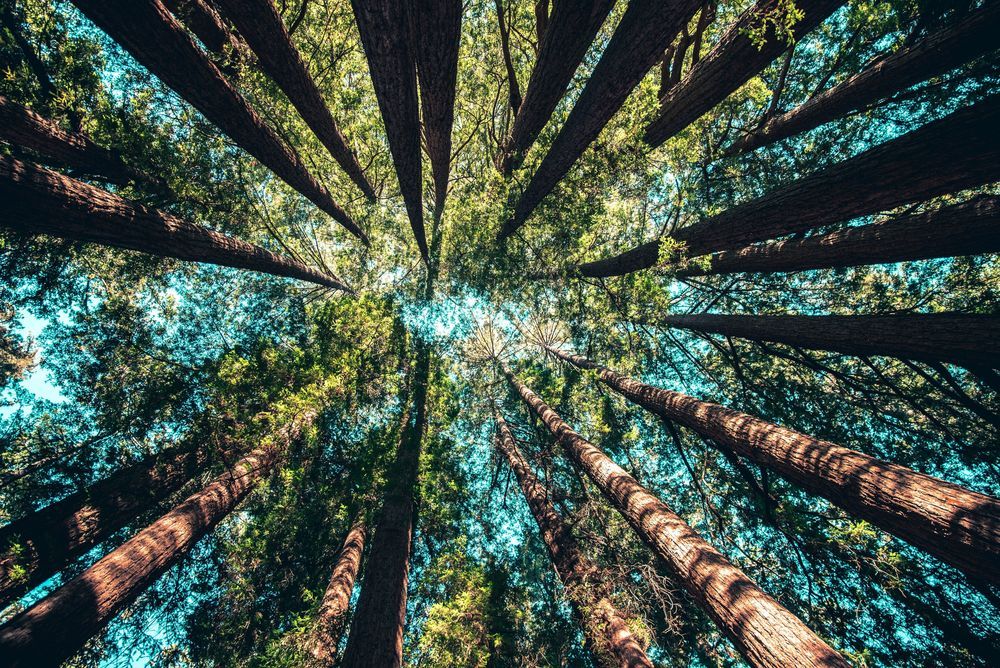
Trillion Trees
Boosting seedling survival rates from 10% to at least 90%.
Conserving existing forests, restoring forest ecosystems and reforesting suitable lands is essential if we are to transition to a sustainable pathway for our economies and societies at the required speed and scale.
Such a transformation is the goal of 1t.org – the Trillion Tree Platform announced at the World Economic Forum Annual Meeting 2020 in Davos. Set up to support the UN Decade on Ecosystem Restoration (2021−2030), 1t.org seeks to raise ambition for 1 trillion tree commitments and empower and connect a global community of innovators and ecopreneurs who are developing the needed solutions to achieve the trillion trees goal.
*****
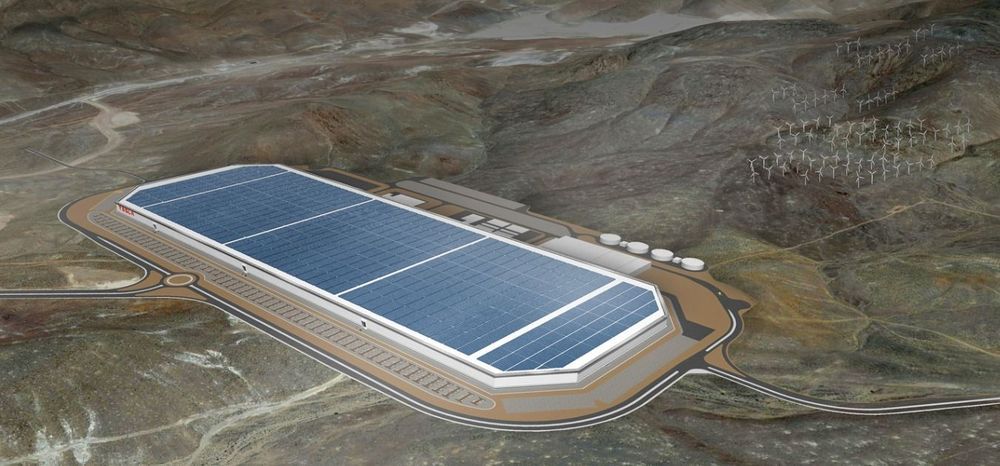
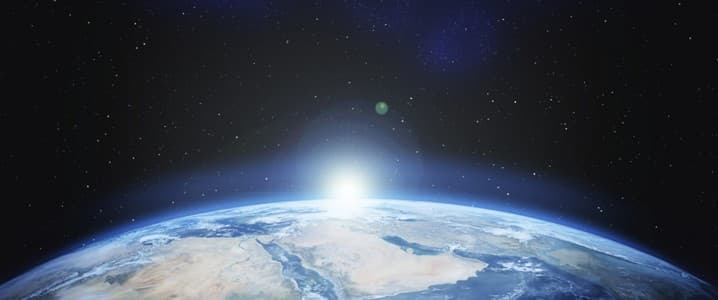
The Holy Grail of Endless Energy: Harvesting Blackholes
While the future of the clean energy proposal remains uncertain, the majority of Americans have been reading from the same page regarding what needs to be done: Dramatically cutting down the country’s reliance on fossil fuels over the next two decades is critical to lowering greenhouse gas (GHG) emissions and address climate change, with six in 10 U.S. adults saying they would favor policies with this energy goal. Thankfully, scientists have been researching alternative energy solutions like wind and solar power for decades, including lesser-known sources that may seem a little unusual or even downright ridiculous and unrealistic.
You can chalk up harvesting energy from blackholes to the latter category.
Fifty years ago, British mathematical physicist, Roger Penrose, proposed a seemingly absurd idea how an alien society (or future humans) could harvest energy from a rotating black hole by dropping an object just outside its sphere of influence also known as the ergosphere where it could gain negative energy. Since then, nobody has been able to verify the viability of this seemingly bizarre idea— that is until now.